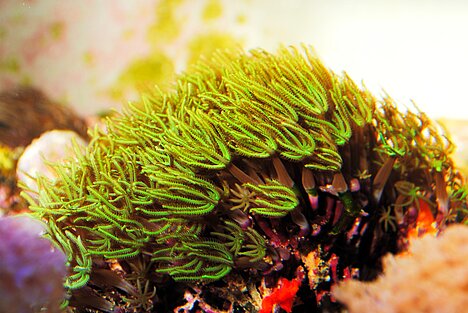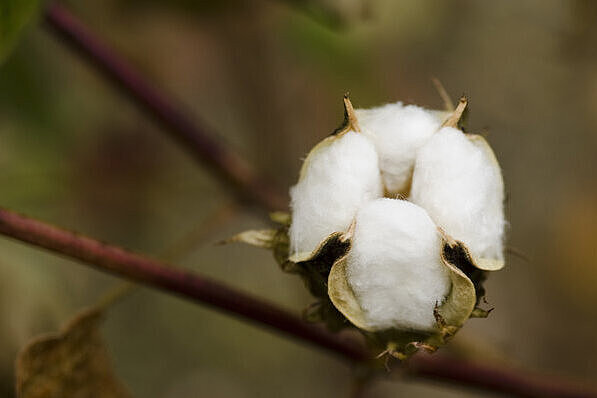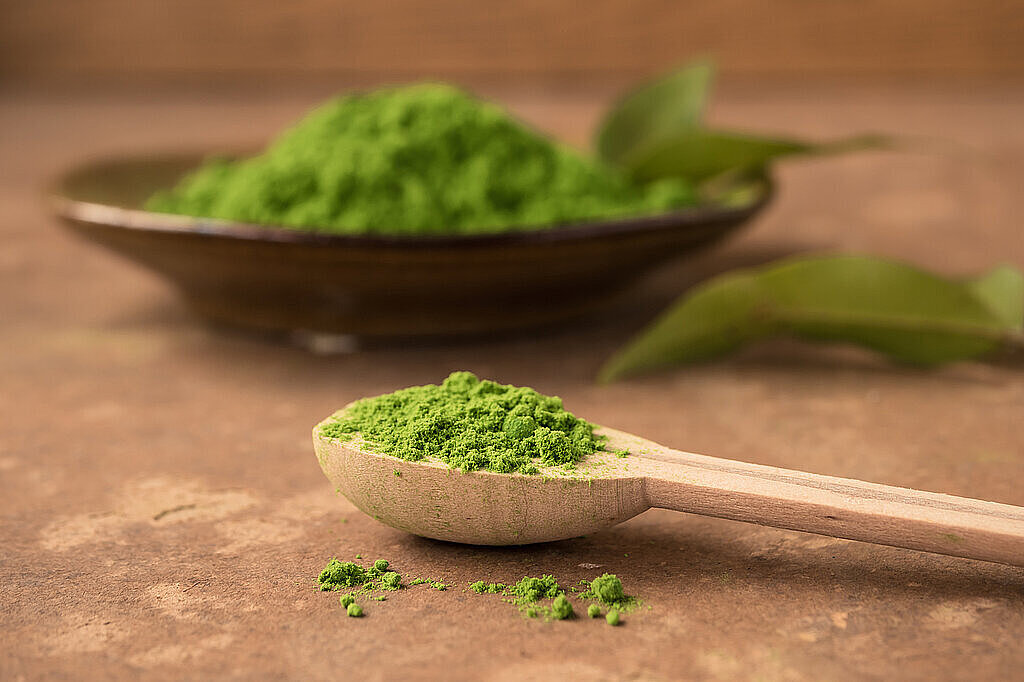Plant concentrate

You may have heard of plant concentrate, an ingredient found in some dog foods or supplements. But what is plant concentrate and how can it help or harm your dog? In this article, you'll find out more about this plant-based substance and its advantages and disadvantages for your four-legged friend's health.
What is plant concentrate?
Plant concentrate is a collective term for various extracts from plants that are processed in concentrated form. This usually involves isolating certain ingredients from the plants that are intended to have a specific effect, for example vitamins, minerals, antioxidants or enzymes. The type and quantity of ingredients depends on the plant used, the manufacturing process and the quality of the product.
Plant concentrates can come from various sources, for example fruit, vegetables, herbs, algae or mushrooms. Some examples of plant concentrates are:
- Apple cider vinegar: A vinegar made from fermented apple juice that contains many organic acids, vitamins and minerals.
- Spirulina: A blue-green algae that is rich in protein, iron, beta-carotene and other nutrients.
- Turmeric: A yellow root that is high in curcumin, a powerful antioxidant and anti-inflammatory.
- Aloe Vera: A succulent plant whose gel contains many polysaccharides, amino acids and enzymes that can support the skin and immune system.
How does plant concentrate affect dogs?
Plant concentrates can have different effects on dogs depending on the type and dosage. Some possible benefits are:
- Improve digestion: some plant concentrates can promote intestinal flora, activate digestive enzymes or regulate stomach acid. This can lead to better nutrient absorption and less bloating or diarrhea.
- Strengthening the immune system: Some plant concentrates can strengthen the dog's defenses by fighting free radicals, inhibiting inflammation or stimulating the formation of antibodies. This can reduce the risk of infections or allergies.
- Supporting the skin and coat: Some plant concentrates can improve the skin barrier, increase the moisture content or accelerate wound healing. This can contribute to a shiny and healthy coat.
However, not all plant concentrates are suitable or safe for dogs. Some possible disadvantages are:
- Overdosing: too much of a plant concentrate can lead to side effects such as nausea, vomiting, diarrhea or liver damage. In addition, an overdose can lead to hypervitaminosis, a poisoning caused by too many vitamins in the body.
- Intolerance: Some dogs may be allergic or sensitive to certain plant concentrates. This can lead to skin rashes, itching, breathing difficulties or shock.
- Interaction: Some plant concentrates can strengthen or weaken the effect of medication. This can lead to an overdose or underdose of medication or increase its side effects.
How should you use plant concentrate for dogs?
If you want to give your dog plant concentrate, you should bear a few points in mind:
- Find out about the effect, dosage and quality of the plant concentrate. Read the product description and ingredients carefully and look for quality seals or certificates that guarantee the purity and safety of the product.
- Consult your vet before giving your dog plant concentrate. He can tell you whether the plant concentrate is suitable for your dog, whether it is compatible with his medication or diet and how much you should give him.
- Introduce the plant concentrate slowly and observe your dog for possible reactions. Start with a low dose and gradually increase it if your dog shows no negative symptoms. If you notice any signs of intolerance or overdose, stop the plant concentrate immediately.
Plant concentrate can be a useful addition to your dog's diet if you use it correctly. It can have various health benefits for your dog, but can also carry risks.
If you notice any signs of hypersensitivity or poisoning in your dog, you should see your vet immediately. We are not a substitute for a vet, but we try to be as accurate as possible. Every dog reacts differently and we recommend you get a second opinion or consult your vet if in doubt.
Stay healthy and take good care of your four-legged friend!😊
Similar to Plant concentrate
What are herbal plants? Herbal plants are plants that have a high content of essential oils, vitamins, minerals or other active substances. They are often used in the kitchen or in naturopathy to...
Plants are living organisms that photosynthesize. This means that they use sunlight to produce sugar and oxygen from carbon dioxide and water. Plants are among the most important suppliers of oxygen...
What is plant fiber? Plant fiber is a collective term for various components of plants that cannot be broken down or can only be partially broken down by the digestive system. These include, for...
Vegetable flour is a collective term for various types of flour obtained from plant sources such as soy, lupins, peas or hemp. These flours contain a high proportion of vegetable protein, which can...



